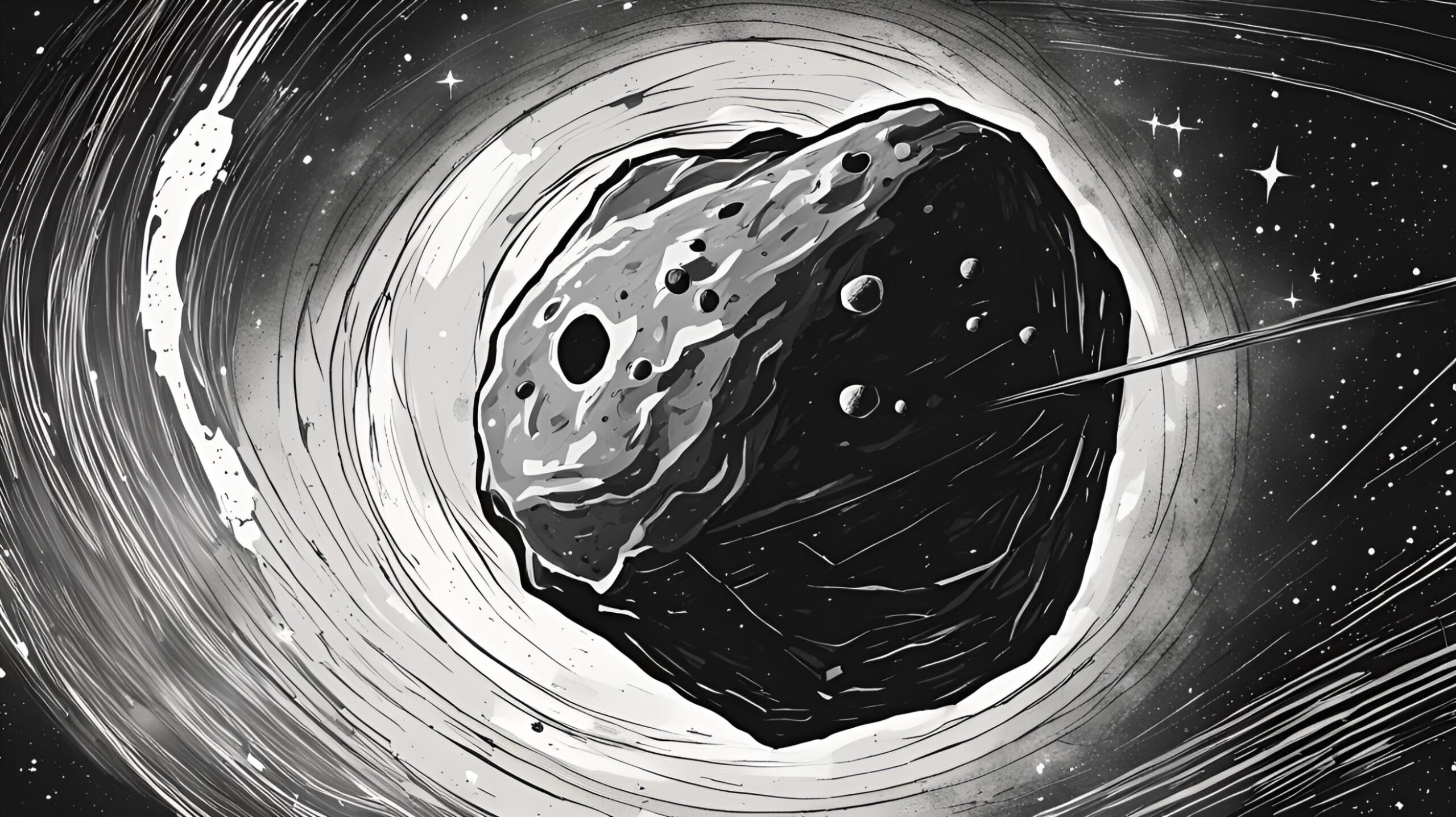Flashback to July 13
American History

On July 13, 1960, history was made as the United States Democratic National Convention nominated Senator John F. Kennedy for president. This event marked a significant turning point in American politics and paved the way for a new era of leadership and change.
The Democratic National Convention, held every four years, is a crucial gathering where party members come together to select their presidential and vice-presidential candidates. In 1960, the convention took place in Los Angeles, California, and all eyes were on the highly anticipated nomination process.
Senator John F. Kennedy, a charismatic and forward-thinking politician from Massachusetts, had been campaigning vigorously for the Democratic nomination. He faced tough competition from other prominent figures within the party, notably Senate Majority Leader Lyndon B. Johnson and Senator Stuart Symington.
Kennedy’s progressive stance on key issues, youthful energy, and powerful oratory skills had garnered him a widespread following, particularly among young Americans. As the convention kicked off, the excitement and anticipation were palpable.
The first day of the convention saw various important speeches from party leaders and delegates. Senator Symington received several nominations, showcasing his popularity and support among some party members. However, it became clear that Kennedy’s momentum was building.
On the second day of the convention, Kennedy’s campaign gained significant momentum when former First Lady Eleanor Roosevelt delivered a powerful speech endorsing him. Her public endorsement carried immense weight and helped sway delegates in Kennedy’s favor. The crowd erupted in applause, and Kennedy’s nomination seemed imminent.
The third day of the convention was crucial, as Senator Lyndon B. Johnson removed himself from the presidential race and instead accepted a nomination for vice president. This move cleared the path for Kennedy to secure the nomination with relative ease.
Finally, on July 13, 1960, the nomination process reached its climax. Senator Kennedy took the stage to deliver his nomination acceptance speech, which would become one of the most iconic speeches in American political history. His message of unity, progress, and hope captivated the audience and electrified the nation.
Addressing the challenges faced by the American people in the 1960s, Kennedy proclaimed, “We stand today at the edge of a New Frontier,” emphasizing his commitment to tackle issues such as civil rights, education, and healthcare. His words resonated deeply with the American public, who saw in him a potential harbinger of change.
Kennedy’s nomination marked a generational shift in American politics. At 43 years old, he became the youngest person to ever receive a major party nomination for president. His youthfulness, charisma, and ability to connect with voters set him apart from previous candidates. Kennedy’s nomination not only symbolized a changing America but also signaled a desire for forward-thinking leadership.
In the general election that followed, Kennedy faced Republican nominee Richard Nixon. Their debates were watched by millions, with Kennedy’s charisma and television presence playing a crucial role in winning over voters. In November 1960, Kennedy won the presidency by a narrow margin, becoming the 35th president of the United States.
The nomination of Senator John F. Kennedy for president during the 1960 Democratic National Convention was a momentous event that reshaped American history. His visionary ideas, charisma, and ability to inspire a nation left an indelible mark on the American political landscape. The convention itself became a testament to the democratic process, showcasing the power of unity and collective decision-making in shaping the future of a nation.
We strive for accuracy. If you see something that doesn't look right, click here to contact us!
Sponsored Content

C Torres discovers asteroid…
On July 13, 1972,…

Oscar J Dunn, former…
On July 13, 1868,…

Henry Rowe Schoolcraft discovers…
On July 13, 1832,…

US Democratic National convention…
The US Democratic National…

New York City experiences…
On July 13, 1977,…

Anti-draft mobs lynch blacks…
The "Anti-draft mobs" in…

